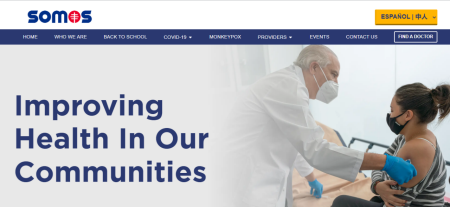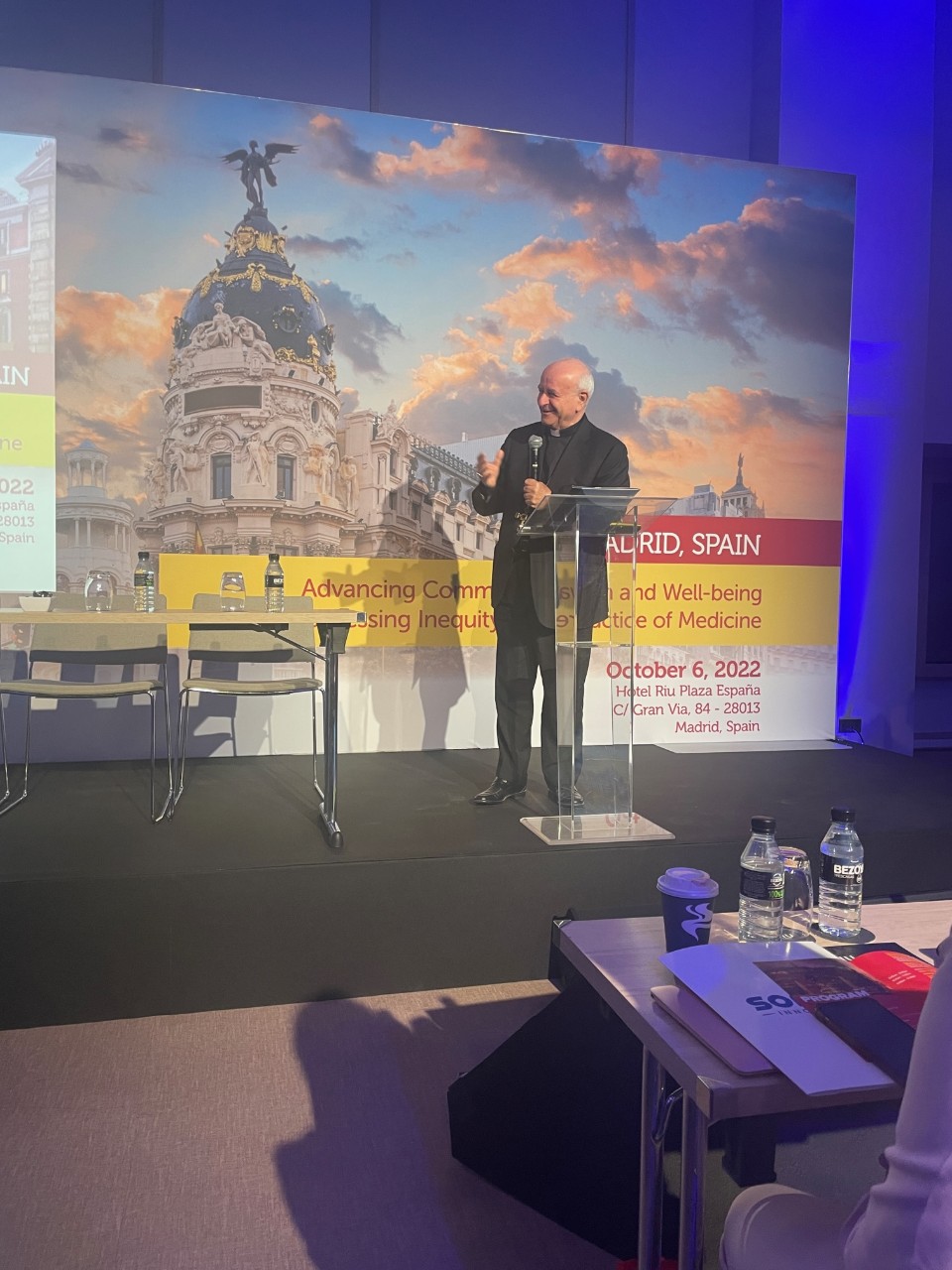Equity in Health and Wellness: Healing and Transforming the System to deliver a single standard of Care

Madrid, Spain, October 6 - In his open address, Archbishop Paglia has said:
"On the issues of justice and inequality, the recent pandemic has been both a test and a time of reflection and learning. The Covid-19 pandemic has shown that, in all countries, the benefits of public health programs must be balanced with economic concerns. During the early stages of the pandemic, many countries focused on saving as many lives as possible.
Hospitals and especially intensive care units were not equal to the challenge and were brought up to speed only with great difficulty. Clearly, healthcare facilities have survived, thanks to the generous sacrifices of doctors, nurses, and other healthcare professionals, more than to investments in technology.
The focus on hospital care, however, has drawn attention away from other institutions. Nursing homes, for example, were hit hard by the pandemic, and personal protective equipment and tests became available in sufficient quantities only at a later stage.
Ethical discussions on resource allocation have been mainly based on utilitarian considerations, without paying attention to the most vulnerable and those exposed to the most serious risks. In most countries, the role of primary care physicians has been ignored, even though for many they are the first point of contact with the healthcare system. The result was an increase in deaths and disabilities caused by conditions other than Covid-19. Widespread vulnerability required international cooperation and coordination, in the knowledge that it was not possible to confront a pandemic without adequate healthcare infrastructures that are accessible to all globally.
Moreover, as disaster medicine has taught us, to avoid arbitrariness or improvisation in emergency situations it is necessary to formulate criteria that are as shared and well-founded as possible. Of course, it must be repeated, rationing is to be the last option. The search for equivalent treatments, the sharing of resources, and the transfer of patients to other facilities are alternatives that must be carefully considered, in the search for healthcare justice. As well, adverse conditions have produced imaginative solutions, such as the use of the same ventilator for several patients". (...)
"In any case, we must never abandon the patient, even when there are no more treatments to consider. Palliative care, pain management and accompaniment are always to be available. At the level of public health, the pandemic experience shows the need for a general re-consideration, particularly of the balance between a preventive approach and a therapeutic approach, and between medicine for the individual and medicine that concentrates on the collectivity (given the serious concern in healthcare for the interplay between personal rights and public health)".




